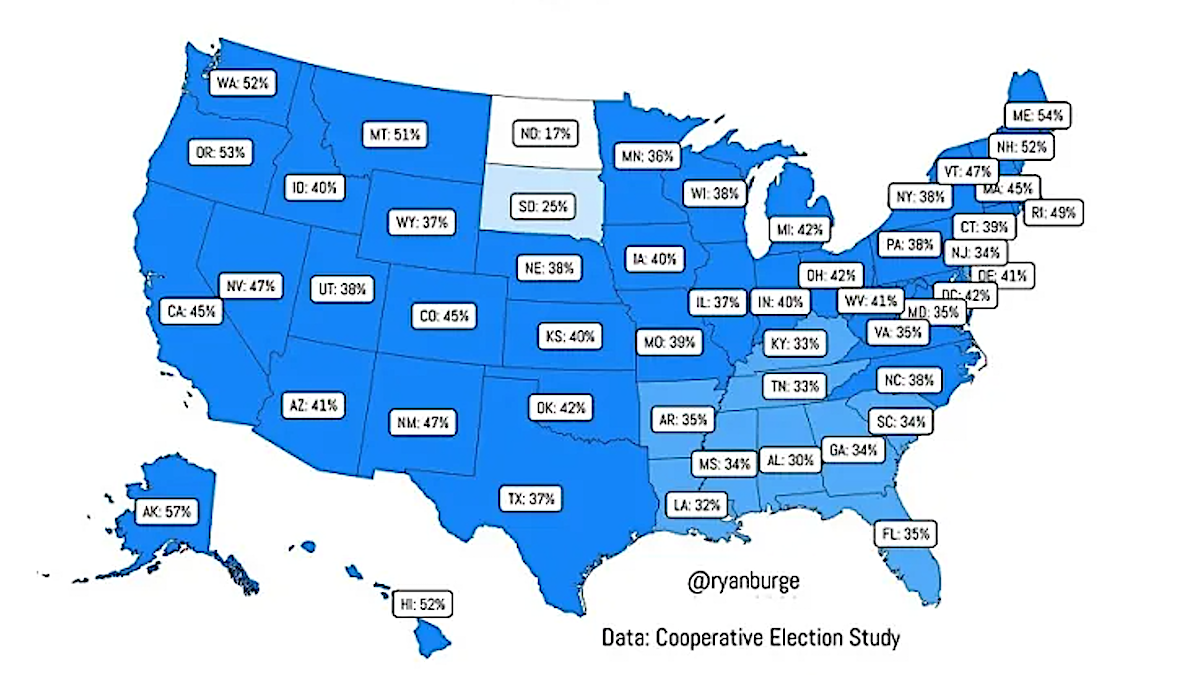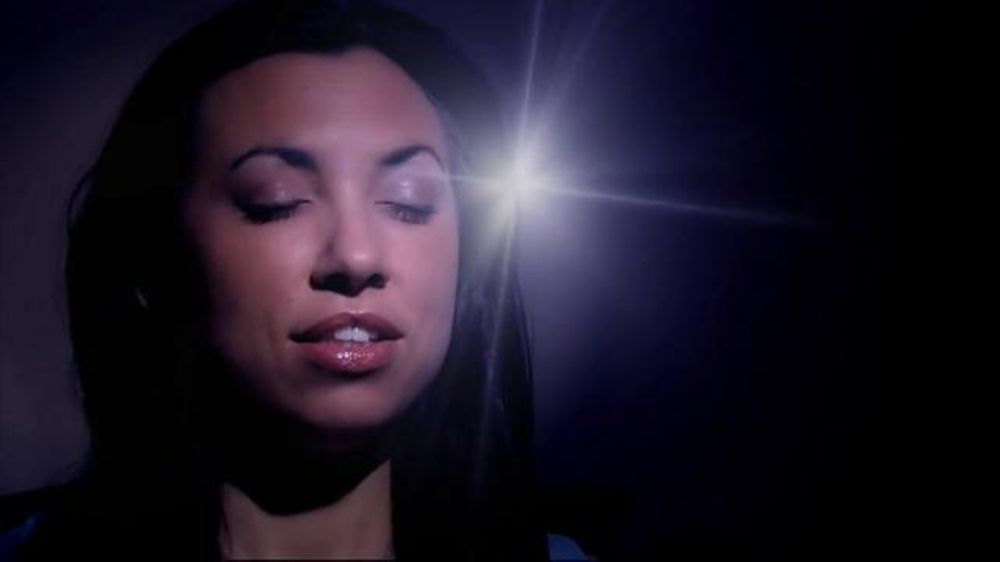- Joined
- Oct 22, 2002
- Messages
- 38,933
- Location
- Frozen in Michigan
- Gender
- Old Fart
- Basic Beliefs
- Don't be a dick.

New map captures explosive rise of the nonreligious
The nonreligious are now larger than any religious group in America, and they've become the majority in several states.
 onlysky.media
onlysky.media
Woot!Decades ago, the nones were a tiny minority. But in the early 21st century, their numbers started growing. And that growth was rapid: less like a gentle ramp, more like a rocket blasting off.
In a little under two decades, the nones rose from insignificance to national prominence. They became a force to be reckoned with, counterbalancing the influence of the religious right and arguably swinging presidential elections.
And they’re still growing. As recently as 2019, the nones were as numerous as Roman Catholics and evangelicals, the two largest religious groups in America. However, that three-way tie isn’t a tie anymore.
According to a 2024 Pew survey, the nones have moved into the lead:
When Americans are asked to check a box indicating their religious affiliation, 28% now check ‘none.’
A new study from Pew Research finds that the religiously unaffiliated – a group comprised of atheists, agnostic and those who say their religion is “nothing in particular” – is now the largest cohort in the U.S. They’re more prevalent among American adults than Catholics (23%) or evangelical Protestants (24%).
“Religious ‘Nones’ are now the largest single group in the U.S.” Jason DeRose, NPR, 24 January 2024.

